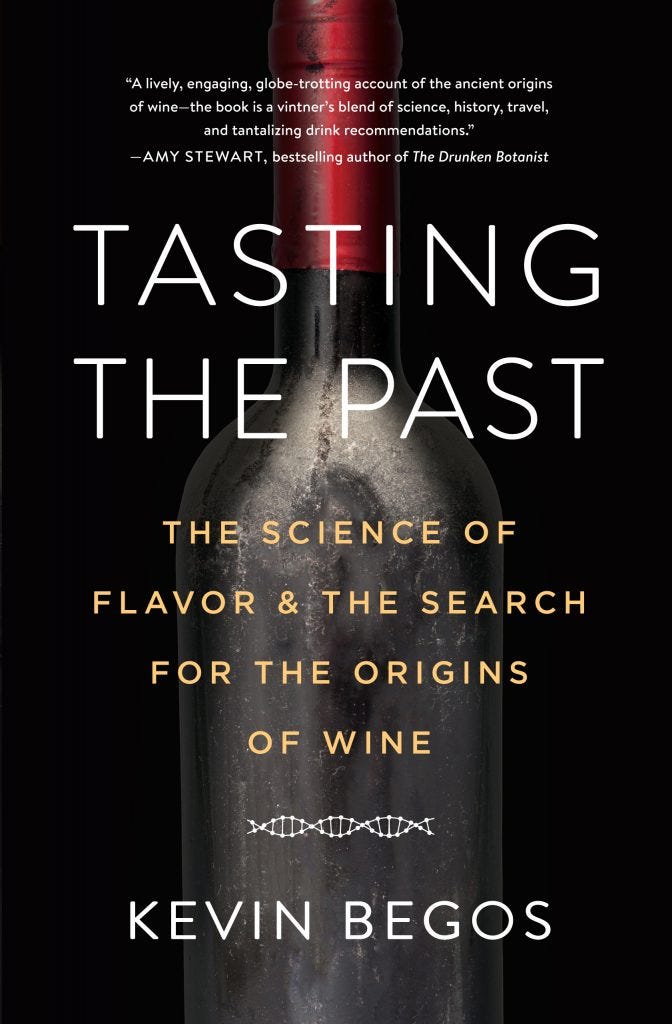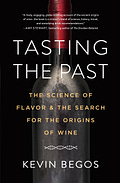Book review: Kevin Begos - Tasting the Past
Simon reviews Kevin Begos's new book "Tasting the Past - The science of flavor and the search for the origins of wine"

When I first heard about Kevin Begos’s new book, my own magnum opus was about to roll off the printing presses. As it shared some historical ground with “Tasting the Past”, fellow authors may understand my mild panic. Might this book hold answers to puzzles I’d failed to resolve, or illuminate topics that I’d under-explored or even neglected? Could it r…
Keep reading with a 7-day free trial
Subscribe to The Morning Claret to keep reading this post and get 7 days of free access to the full post archives.



